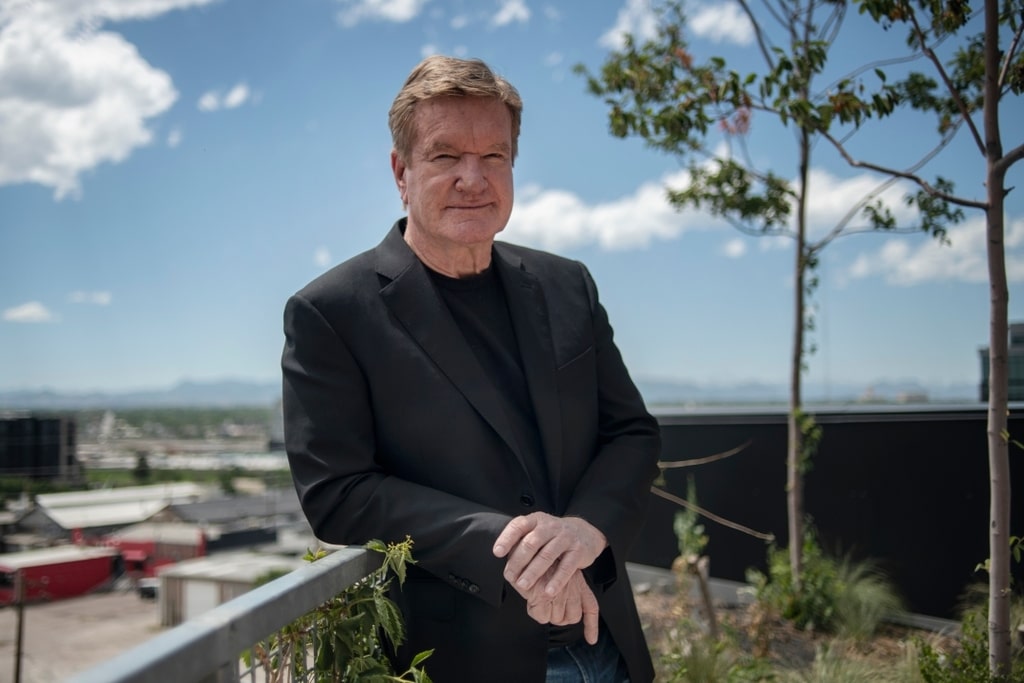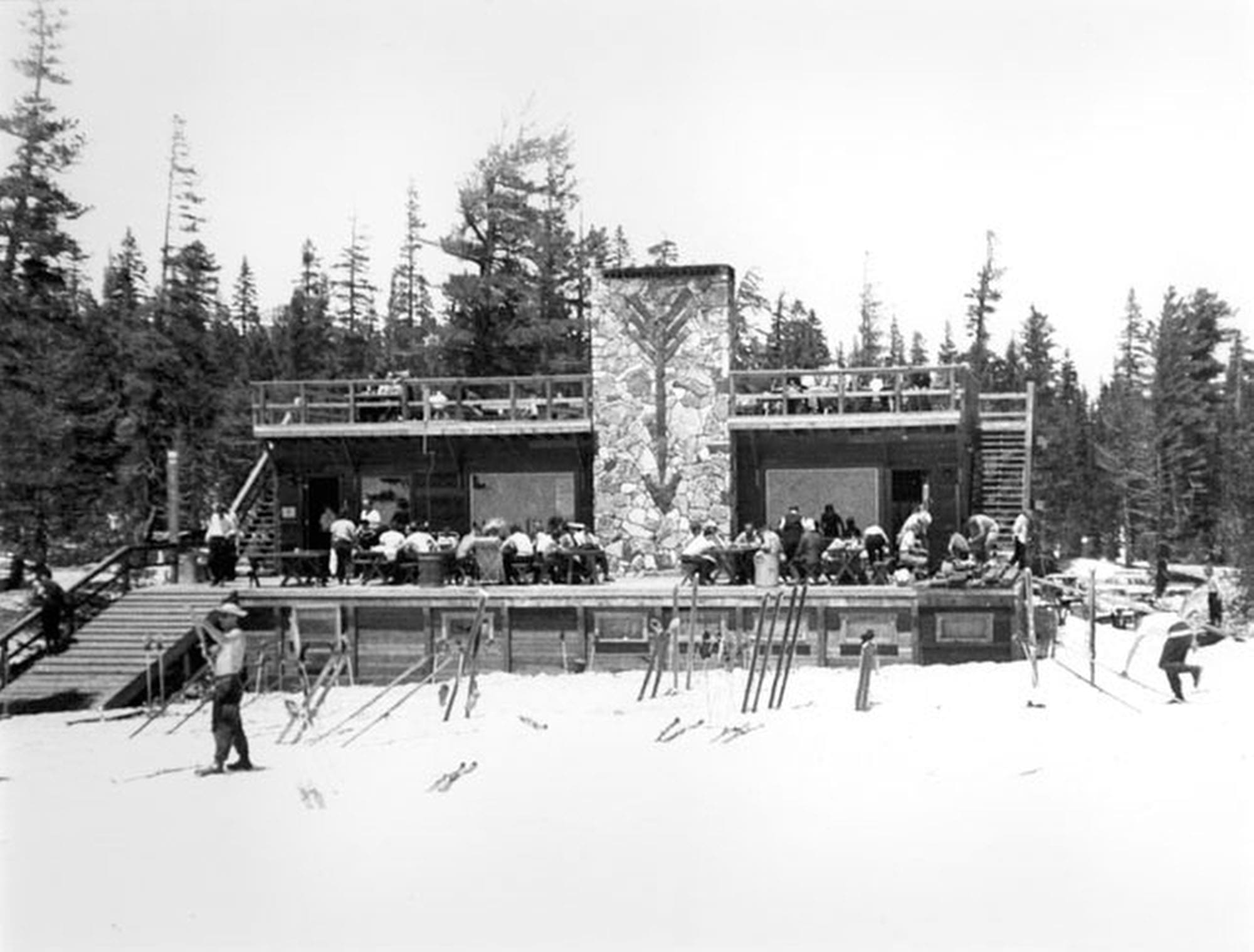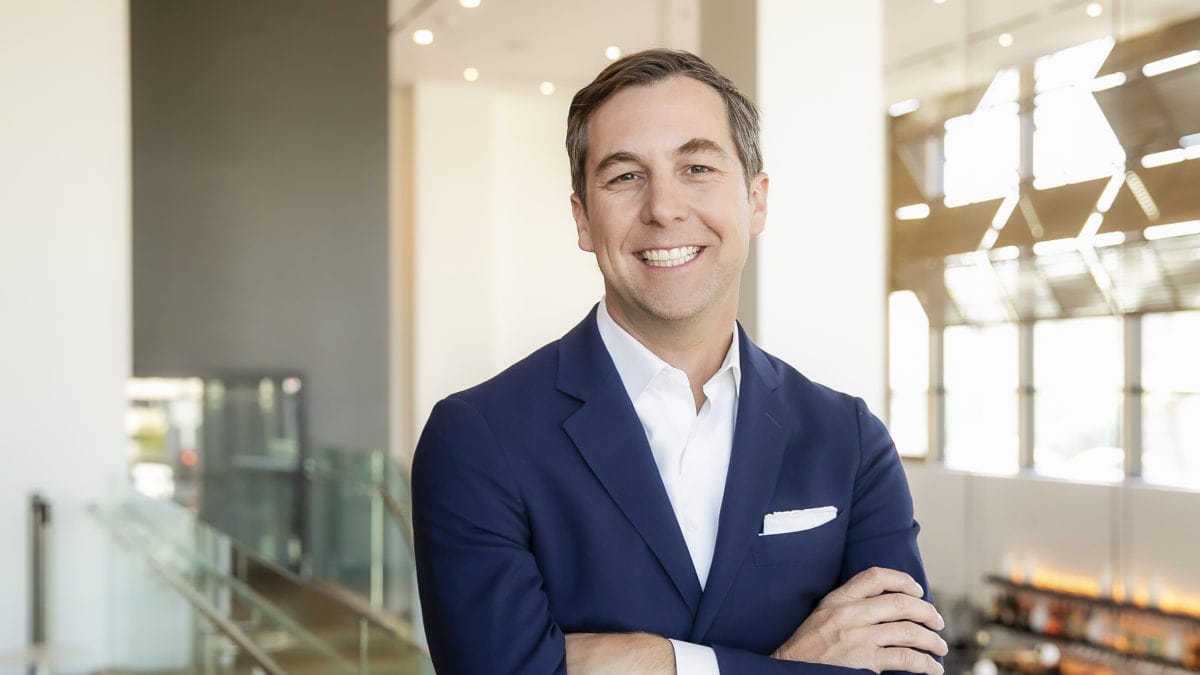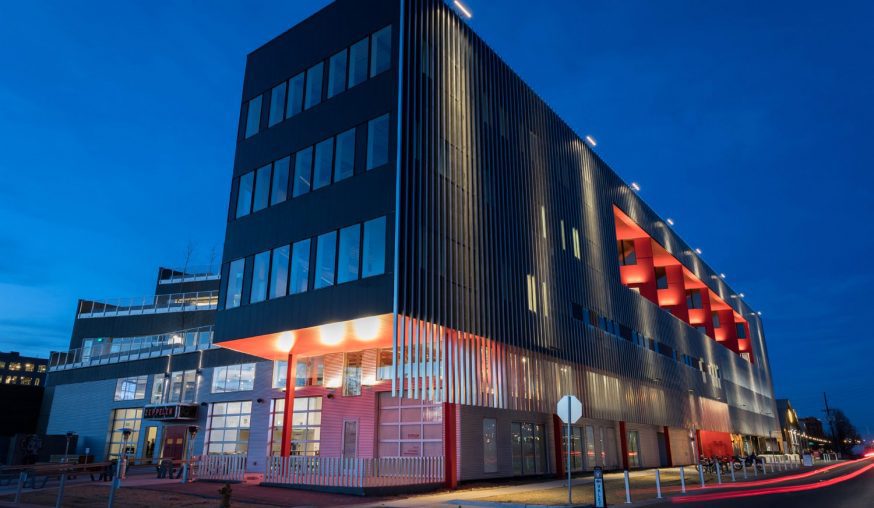
Starting on August 1, 2022, and after five years as Alterra CEO Rusty Gregory finally plans to step down from his role in day-to-day operations to become Vice-Chairmen of the Board. Awaiting this transition, Gregory talks about his career in the ski industry and what’s in store for the future of the sport.
Before 2017, when Rusty Gregory began as one of the original investors in Alterra, he worked at Vail and Mammoth Resorts for almost 40 years. To say that he knows the ins and outs of the industry and how it started might be a major understatement. Even so, it’s an attempt to characterize the simple beginnings of the ski industry in post-World War II America. When the stories of how 10th Mountain veterans returned home with grandiose dreams and ideas about developing ski runs and chairlifts across U.S. ski resorts were told repeatedly.
According to Gregory who spoke with the Colorado Sun in an interview, there’s a little more to this story. You can tell that Gregory is a big thinker in the way he talks. So it’s no surprise when he shares his pioneering stories about his friend Dave McCoy who designed and developed Mammoth Resorts.

Reflecting back, Gregory believes there were three distinct periods in the history of U.S. skiing, the first beginning with the likes of McCoy. He had the vision for a ski resort in Mammoth Lakes, California, and overcame the challenges to make it happen. In those days resort owners had to improvise and invent much of their equipment as they were the first in the industry with no established tools yet available. They had to build chairlifts and make the resort safe and skiable out of a previously undisturbed mountain face(s). It took a certain amount of genius and character to pull it off and Gregory thinks McCoy was one of the best.
The second period for ski resorts presented new challenges and was of a different nature than before. Resorts now had to maintain their resorts during downtimes. Slow winters in the late 1980s when the ski season was cut in half posed a serious problem for most resorts. As Gregory reports, “It became about trying to take all that stuff and make enough money so that you can make it through the down years.” Success stories from this period included the likes of Rob Katz, longtime chief of Vail Resorts, who according to Gregory just seemed to have a knack for making it work.
Finally, came the third period and where we find ourselves today. Gregory believes this period in the ski industry will be defined by technology. Gregory comments, “…the real changes I think we will see in the near term will come from technology. The apps do everything. The apps direct guests to parking and food and everything else. And those will come from a new generation of thinkers and leaders.”

Building off his expertise and appreciation for technology and also his successes within the company, Alterra plans to promote Jared Smith to CEO. With more than 15 years of invaluable experience previously working with Live Nation as president and global chairmen of Ticketmaster, Smith intends to leverage his technology-based approach to improve Alterra’s resorts.
In regards to Smith becoming the next CEO, Gregory shares,
“Jared has that technological expertise and he understands our customers well enough to give them a customized experience, not just the same experience for everybody. We need to look at how Ticketmaster evolved under Jared. They grew all sorts of ways to sell tickets, not just paper tickets. They partnered with major sports clubs and leagues. And then Jared ran hundreds of software developers who were building all that. All that is very relevant to skiing today. This translates into managing peak traffic, large surges, big crowds and an increasing technological savvy marketplace.”
For the sake of reasonability, let’s just hope Alterra’s “technology-based transition” leans more heavily on alleviating the crowding and congestion at the resorts, than it does by adding extra fees, taxes, surcharges, or add-ons to the ticket price itself. I’d think I’d just rather ski and save the concerts for later.

Hmm, they hire a guy from Ticketmaster rather than promoting from within? They didn’t have someone experienced enough running one of their big resorts to take over? Or they wanted to change business models to be more like Ticketmaster full of extra fees and surcharges to provide a “customized” experience?
Oh no, this is bad, bad news. Ticketmaster was/is a master at eliminating choices and options and making you pay extra fees. Watch, the same thing will happen to your lift tickets. This is all too crazy, a $208 lift ticket at Big Sky plus another $50 or $60 to use the Lone Peak Tram, give me a break. Skiing is again getting out of reach of the masses, only the rich and those highly committed to our wonderful sport will be able to use the lifts. I’d tell everyone to turn against corporate greed and ski the backcountry, as I have since 1983, but I am selfish and don’t want to share the backcountry. It already got too crowded when Covid shut done the lifts.
It’s called quality over quantity, a concept not understood by big city gredheads.
Agree, all about leverage this leverage that, can these dbags even frikken ski beyond a groomer run for their own publicity? Dave McCoy was a true visionary who loved the mountains, as was Alex Cushing who co-founded and developed Squaw Valley with other visionary and co-founder Wayne Poulsen. The rest are just egotistical corporate, greedy men, yes men as no women even get to the ranks of these non-visionary, corporate sell out, progrmmed tools who by the way are actually far from the sharpest tools in the shed. Good luck w all that.
Oversold and underdelivered (consider lack of affordable employee housing in these ski areas) is not a good product in ANY business.
Oh and village development in Squaw, shut down, but hey Lake Tahoe isnt the most impressive water park ever so indoor 90k sq ft water park needs to be built in Squaw so fat kids can have fun too ya know.
Yes, my apologies. Thank you for the correction.
What about a 4th period where we build new ski resorts in better parts of the mountain ranges? Not just easy to access near the old interstate highway system building during WWII.
This article highlights somethings I’ve said 1,000 times on this silly website.
Why do we not build and new ski resorts in N America?
“Success stories from this period included the likes of Rob Kratzen, longtime chief of Vail Resorts…” Is that the same person as Rob Katz?
Previous work is at Live Nation and as Global Chairman of Ticketmaster?!?! Those are two companies that I associate most with hidden fees, horrible customer service and feeling screwed over by. They are unnecessary middlemen. This does not bode well for Alterra. Despite what the gatekeepers say, there is room enough for all of us in the backcountry, free ourselves from this capitalist bondage!
The crowding at resorts stems from the addition of more and more uphill capacity while ignoring the balance of the transportation infrastructure. You have to balance it all and not just add, add, add in a single part.
Strongly agree with the last paragraph.